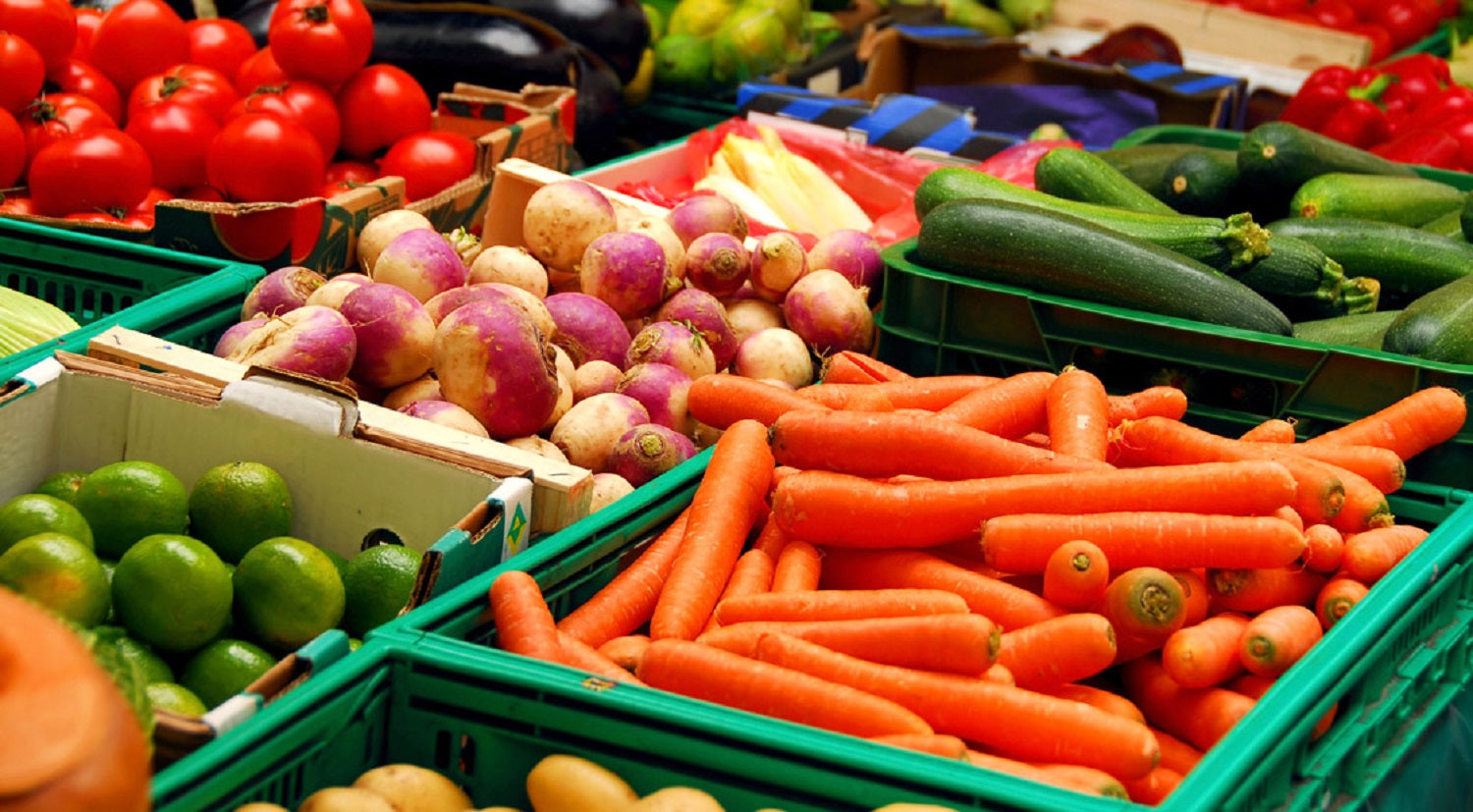Regular Vs Conventional Food?

"While it is true that many people can't afford to pay more for food, either in money or time or both, many more of us can. After all, just in the last decade or two, we've somehow found the time in the day to spend several hours on the internet and the money in the budget not only to pay for broadband service but to cover a second phone bill and a new monthly bill for television, formerly free. For most Americans, spending more for better food is less a matter of ability than a priority." ― Michael Pollan, In Defense of Food: An Eater's Manifesto.
Let's look at the differences between regular beef vs. quality beef.
Regular beef, also known as "conventional beef," is produced with the aid of pesticides, hormones, and other shortcuts that make the cow grow faster, fatter and cheaper. Conventional products are produced as cheaply as possible.
The more affordable a product is delivered, the more available profit and the more of it you have. This is just business 101. Whenever you buy conventional anything, you are getting footed the health bill.
Quality beef—organic grass-fed beef—is produced with the animal's health and the product's quality in mind. Any producer trying to make quality beef will let his cattle roam freely over grass pastures and not administer hormones, antibiotics, or other crap.
The cows will live happy, stress-free lives, which produce better quality, more tender meat. The slaughtering process will be clean and as humane as possible.
When beef is produced this way, the nutritional makeup of the animal contains the proper omega-3 to omega-6 ratio, as nature intended. On the flip side, conventional beef has a fatty acid profile skewed heavily to omega-6's, which causes an imbalance in your body and results in inflammation. (Remember the "health bill" part?)
Conventional beef also increases the risk of contamination from E. Coli and other gnarly parasites. This rarely, if ever, happens with quality meat.
When you buy better products, whether beef, poultry, vegetables, fruit, coffee, tea, etc., you are getting a healthier, more nutritious product in every way; your food will have more nutrition and be produced in a way that doesn't destroy the environment, and provide better working and living conditions for the people who made that product. Are these all suitable for spending an extra buck at the checkout counter?
You will pay a couple of extra dollars when you buy organic, grass-fed beef instead of conventional meat. But that cost is negligible when you factor in the benefits.
Let's look at how this plays out in a given year…
At the end of the year, had you bought an average of 2 pounds of grass-fed beef a week (I believe 1-2 pounds a week), you would have spent an extra $200-250 dollars for over 110 pounds of beef. One hundred ten pounds of quality meat would have passed through your body and affected your health.
It would have contributed to how you felt, how well you slept, your results when you looked in the mirror, and so on. A couple of hundred dollars to look, feel and perform better. It sounds like a bargain.
It is.
Now, compare this to buying cheap, conventional beef. Had you opted for the cheaper beef, you would have put over 100 pounds of low-quality, omega-6 skewed, hormone, and antibiotic-laden food through your body. This would have adversely affected your health in every way.
Just imagine how the damage to your body could have affected other parts of your life, like your relationships, job, and results. You would have looked, felt, and performed worse than if you hadn't eaten beef! Would you trade this for a couple of bucks at the grocery store?
Crappy deal. (Not to mention that you are supporting a food system that mistreats the environment and the animals that have to live through the ordeal. Terrible all around.)
Start spending the extra dollar or two and reap the benefits: look, feel, and perform better.
You'll get to feel good about the choices you made for yourself and the environment.
I remember someone saying that your food is healing or hurting you. That stuck with me.
Whenever I eat, I ask myself, "Is this healing or hurting me?"
Choose food that heals you.
Founder/CEO, Wild Foods
